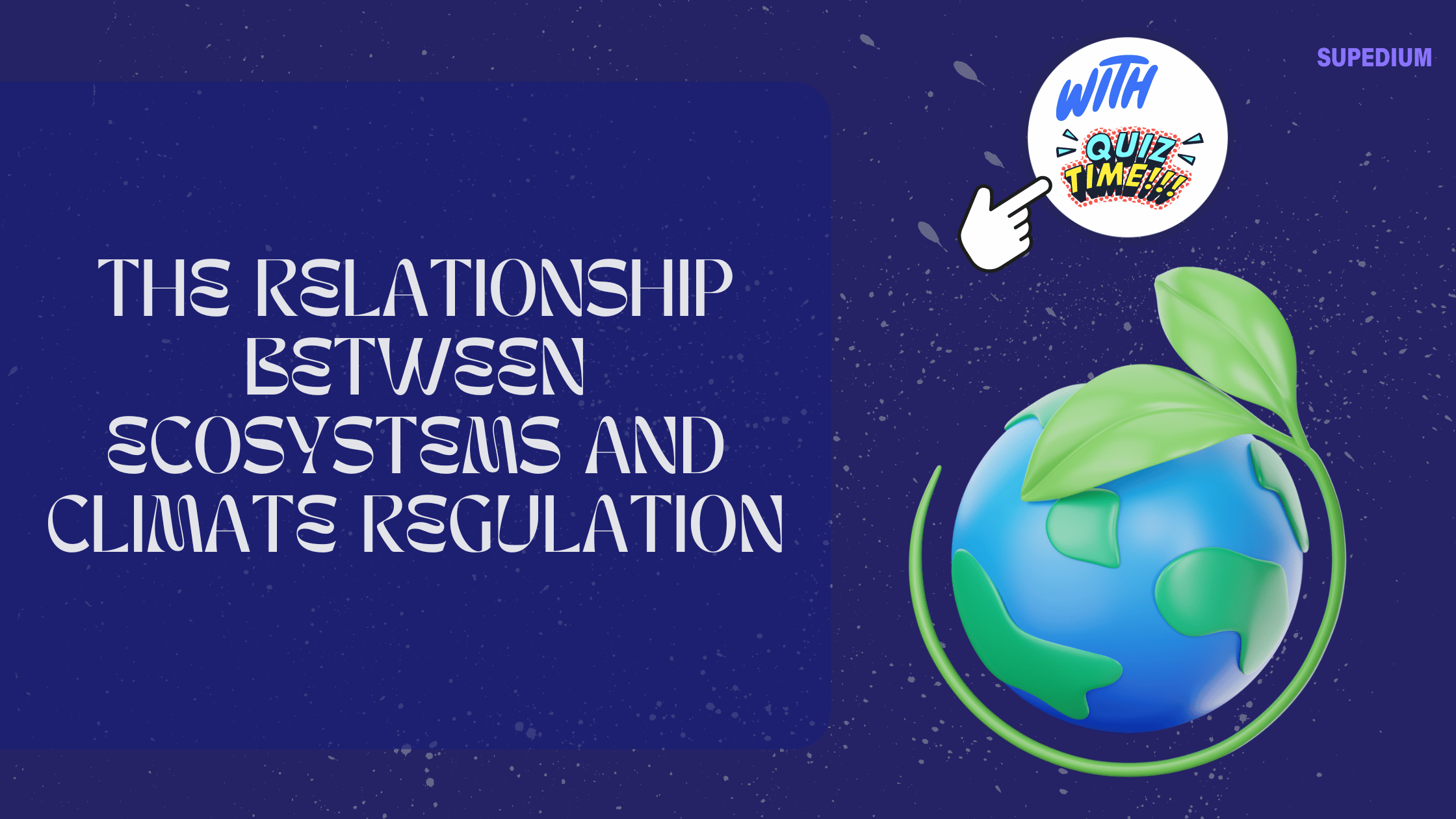Table of Contents
![]()
I. Introduction
Self-esteem and self-worth are pivotal aspects of our psychological well-being and play crucial roles in how we navigate through life. Self-esteem refers to the confidence and satisfaction we have in our own abilities and self-image, while self-worth pertains to the intrinsic value we assign to ourselves regardless of external achievements or failures. Understanding these concepts is vital for improving mental health, personal development, and overall life satisfaction.
II. Theories and Models
To delve into self-esteem and self-worth, several theories and models provide foundational insights:
- Maslow’s Hierarchy of Needs places self-esteem at the fourth level, just below self-actualization. This model suggests that a strong sense of self-esteem is necessary for personal growth and achieving one’s full potential.
- Rosenberg’s Self-Esteem Scale measures self-esteem through a series of statements that individuals rate according to how much they agree or disagree. Although widely used, it has faced criticisms regarding its universal applicability and cultural bias.
- Coopersmith’s Self-Esteem Inventory offers a comprehensive approach to measuring self-esteem, focusing on various domains of life. Despite its historical context, it remains relevant in understanding self-esteem across different age groups and backgrounds.
The Self-Worth Theory posits that self-worth is a critical factor in motivation. It asserts that individuals are driven to protect their self-worth, influencing how they handle success and failure.
III. Components of Self-Esteem
Self-esteem is multifaceted, encompassing:
- Self-Image: This is how we view ourselves, which significantly impacts our self-esteem. A positive self-image correlates with higher self-esteem, while a negative self-image can diminish it.
- Self-Concept: Theories of self-concept suggest it encompasses our beliefs about ourselves and how these beliefs shape our self-esteem. A coherent and positive self-concept generally supports higher self-esteem.
- Self-Confidence: While closely related to self-esteem, self-confidence specifically pertains to our belief in our abilities. Factors affecting self-confidence, such as past experiences and personal achievements, can directly influence our self-esteem.
IV. Factors Influencing Self-Esteem
Several factors impact self-esteem:
- Personal Factors: Childhood experiences, including family dynamics and early achievements, can shape our self-esteem. Personality traits also play a role, with traits like resilience and optimism fostering higher self-esteem.
- Social Factors: Family support, peer relationships, and societal expectations significantly influence self-esteem. Positive social interactions and supportive relationships bolster self-esteem, while negative experiences can erode it.
- Environmental Factors: Achievements in education and career contribute to self-esteem. Additionally, media and social media portrayals can either enhance or undermine our self-esteem by influencing our self-perceptions and expectations.
V. Self-Worth and Its Determinants
Self-worth is more intrinsic and less reliant on external validation compared to self-esteem. Key determinants include:
- Intrinsic vs. Extrinsic Worth: Intrinsic worth is the inherent value we assign to ourselves, independent of external achievements. Extrinsic validation, such as praise or rewards, can affect how we view ourselves but should not be the sole basis for self-worth.
- Achievements and Failures: While achievements can boost self-worth, failures can challenge it. Strategies for maintaining self-worth include focusing on growth and learning rather than solely on outcomes.
- Relationships: Supportive and affirming relationships enhance self-worth. Conversely, toxic relationships can undermine our sense of value, making it crucial to cultivate positive connections.
VI. Developing and Enhancing Self-Esteem
To improve self-esteem, consider the following strategies:
- Self-Awareness and Self-Acceptance: Techniques such as mindfulness and self-reflection can help increase self-awareness. Self-acceptance involves acknowledging both strengths and weaknesses, which fosters a more balanced self-esteem.
- Cognitive-Behavioral Strategies: Challenge negative self-talk by identifying and reframing irrational beliefs. Building positive self-beliefs through affirmations and realistic goal-setting can also enhance self-esteem.
- Achievement and Goal Setting: Setting and achieving personal goals, no matter how small, can boost self-esteem. Celebrating these successes reinforces a positive self-view.
VII. Maintaining Healthy Self-Worth
To maintain self-worth over time:
- Develop Resilience: Build resilience by developing coping strategies for setbacks and learning to view challenges as opportunities for growth. Emotional resilience helps maintain self-worth despite difficulties.
- Balance Self-Esteem and Self-Worth: Ensure that your self-worth is rooted in intrinsic values rather than solely on external achievements or validation. This balance helps maintain a stable sense of self-worth.
- Seek Support and Professional Help: If self-esteem issues become overwhelming, consider seeking therapy or counseling. Professional support can provide strategies for improving self-esteem and addressing underlying issues.
VIII. Case Studies and Real-Life Examples
Examining real-life examples provides valuable insights:
- Success Stories: Individuals who have overcome low self-esteem often share common experiences of personal growth and resilience. These stories illustrate the potential for change and improvement.
- Impact on Personal and Professional Life: Case studies from various fields demonstrate how self-esteem influences career success, personal relationships, and overall well-being. Analyzing these cases can offer practical lessons and inspiration.
IX. Conclusion
In summary, self-esteem and self-worth are integral to our mental health and personal development. By understanding the theoretical frameworks, recognizing influencing factors, and employing strategies for enhancement, individuals can work towards a healthier sense of self. Continuous self-improvement and a balanced perspective on self-esteem and self-worth are essential for long-term well-being and fulfillment. Reflect on these aspects and take proactive steps towards nurturing a positive and resilient self-image.
Share This





Be the first to comment